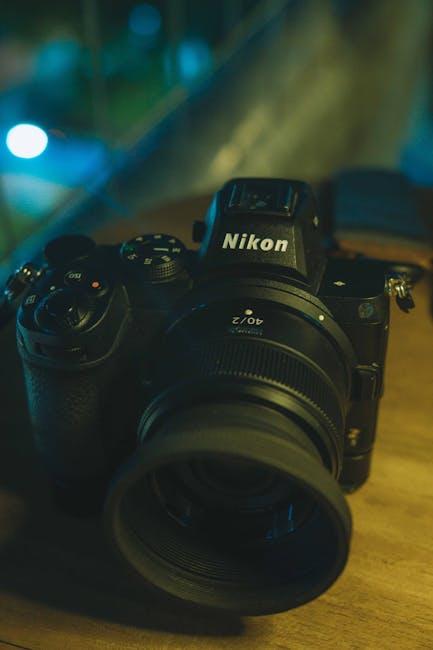Your Next Audiobook’s Big Twist Might Be That the Narrator… Is a (Voice) Clone!
In an era where entertainment and technology intersect, audiobooks have become incredibly popular among book enthusiasts and busy individuals alike. These immersive audio experiences have successfully brought stories to life using talented narrators who lend their unique voices to beloved characters. However, brace yourselves for a new trend that might just revolutionize the audiobook industry – the introduction of voice clones as narrators!
Yes, you read that right. Your next audiobook’s big twist might be that the narrator is in fact a voice clone. But what exactly is a voice clone? Well, it’s a sophisticated technology that can replicate an individual’s voice with astonishing accuracy, creating a near-identical clone capable of speaking just like the original person. Imagine your favorite author, actor, or historian narrating a book with their signature, captivating voice… all without lifting a finger. Mind-boggling, right?
The introduction of voice clones as audiobook narrators might have some purists feeling skeptical or even betrayed. After all, audiobook lovers often develop a deep connection with certain narrators, associating their voices with beloved characters and memorable journeys. The thought of a voice clone taking over the narration duties might initially feel like a cheap imitation or a loss of authenticity.
However, when we delve deeper, we realize that voice clones offer a plethora of intriguing possibilities. Firstly, it allows authors, living or deceased, to narrate their own works. Picture the late J.R.R. Tolkien reading “The Lord of the Rings” in his enchanting voice or Jane Austen narrating “Pride and Prejudice” with her unmatched wit. Voice clones could bring back these iconic figures, resurrecting their stories and captivating a whole new generation of readers.
But the fascination doesn’t stop with resurrecting the deceased. Voice clones could provide a treasure trove of narrators from diverse backgrounds, eras, and even fictional worlds. How about having Sherlock Holmes narrate a modern crime novel or Albert Einstein giving life to a complex scientific text? The possibilities for unusual and unexpected collaborations are endless, delighting fans and giving authors the opportunity to present their work in completely unprecedented ways.
Moreover, voice clones would make it possible for authors who struggle with illness or age-related limitations to continue narrating their own books. Imagine an author who is physically unable to speak due to a medical condition but wants to maintain their connection with readers by narrating their latest masterpiece. Voice clones would offer a lifeline for these authors, allowing them to see their visions come to life through their beloved narrated voice.
Of course, like any emerging technology, there are a few potential drawbacks to consider. Critics argue that voice clones might devalue the talent and hard work of dedicated narrators who have honed their craft over the years. Furthermore, the ethical implications of using someone’s voice without their explicit approval or knowledge raise questions about consent and privacy.
However, with proper regulations and a shared commitment to collaboration between voice clones and human narrators, both can coexist and thrive. Voice clones may never fully replace human narrators, but they offer an exciting addition to the audiobook landscape, opening doors to creative and immersive storytelling like never before.
So, prepare yourself for the unexpected twist in your next audiobook adventure. Whether it’s a beloved author from the past, a fantastical character come to life, or an aging writer determined to share their voice till the end, the introduction of voice clones as narrators promises to revolutionize the audiobook experience. Get ready to embark on an even more captivating journey where the lines between reality and fiction blur, and where the power of technology and the human voice weave together in harmony.
Hey Subscribe to our newsletter for more articles like this directly to your email.
